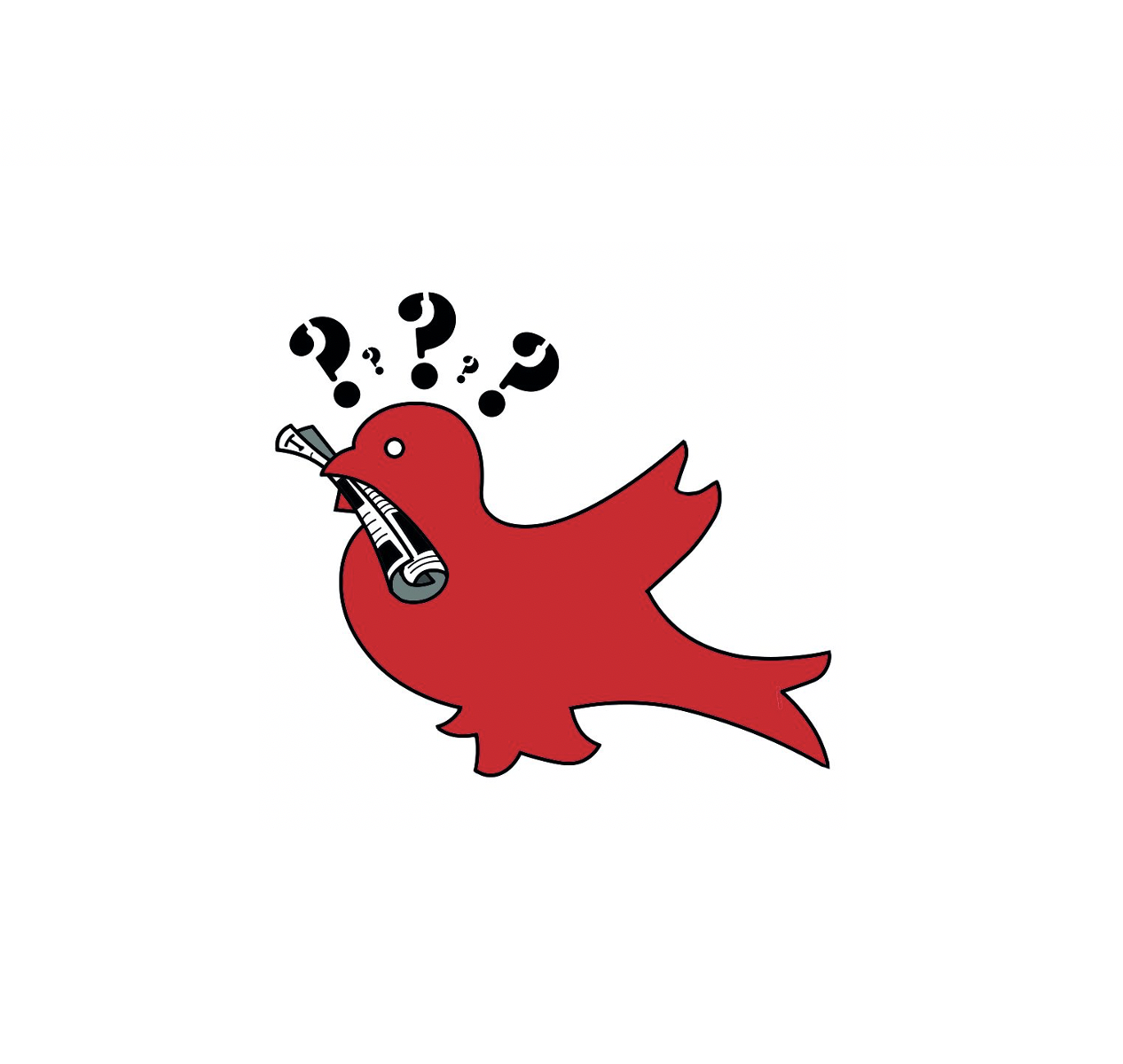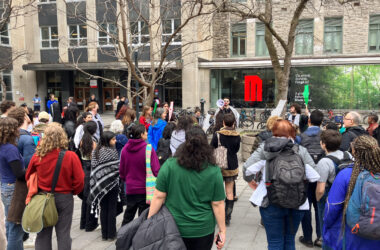In preparation for the in-person Fall 2021 semester, the McGill administration is working to upgrade campus heating, ventilation, and air-conditioning (HVAC) systems. Denis Mondou, associate vice-principal (VP) of Facilities Management and Ancillary Services, maintained that all changes will be made in accordance with recommendations from Canadian public health agencies.
Why are new ventilation units being installed?
Ongoing renovations of the Stewart Biology Building has made it the centre of McGill’s ventilation upgrades. In addition to various HVAC projects that were planned prior to the pandemic, the building will contain new state-of-the-art laboratories and boast new interior and exterior facades. New HVAC system upgrades have been installed on campus since 2017, notably in Burnside Hall, the University Centre, and the Education Building. As students and staff return to school, the new ventilation units will serve to make campus safer for everyone.
The Canadian government and public health agencies have consistently emphasized the importance of good ventilation and have created guidelines for maximizing the circulation of clean air in indoor spaces. Proper building ventilation is essential for mitigating COVID-19 outbreaks because constant air exchange moves viral particles out of rooms, replenishing spaces with filtered air.
“In response to COVID-19, McGill has implemented [several] measures regarding the operation of its HVAC systems,” Mondou said.“These [measures] are focussed on maximizing fresh air intake [by] extending the operating hours of the systems.”
How will ventilation systems change on campus?
A major change to ventilation in buildings on campus will entail extending operating hours of the filtration systems. HVAC systems will be turned on “high output” two hours before the school day begins until two hours after the day ends; exact times will vary between building to building. During after hours, HVAC systems will be kept on a lower setting since there will be fewer people in the buildings.
The new HVAC systems being installed will also have the rating MERV-13, which ranks highly on the Minimum Efficiency Reporting Value (MERV) scale. MERV-13 rated filters are highly effective at trapping smaller particles in the air, including airborne viruses, and will be replaced regularly.
How will McGill fund their ventilation projects?
Conversations on how to fit these ventilation projects into McGill’s annual budget are still ongoing as approval for exceptional COVID-19 expenditures depends on trends that the university notices in monthly spending and revenue. In an email to The McGill Tribune, McGill’s Associate Director of Media Relations Cynthia Lee explained that McGill will consider the expectations of different academic and administrative units when finalizing the 2021-2022 budget. The upcoming university budget will be discussed and put to vote on April 22 by the Board of Governors (BoG).
What do these changes mean for students?
According to Students’ Society of McGill University (SSMU) VP University Affairs Brooklyn Frizzle, student associations and representatives have allegedly been excluded in the conversations or decisions regarding COVID-19 safety on campus. Frizzle expressed concern over the feasibility of a full-scale return to in-person classes this fall despite the new ventilation installments.
“I am unconvinced that ventilation upgrades [and changes] are anywhere near enough to compensate for the university’s aggressive plans to return to in-person learning in the Fall,” Frizzle said.
The McGill administration is confident that along with the new ventilation systems, the COVID-19 vaccine rollout is sufficient to keep the university’s community safe when students return to in-person classes.
“The health and wellbeing of our community will […] remain a top priority,” Lee said on behalf of the university. “All necessary health and safety measures will continue to be implemented to ensure that our campuses remain safe places to learn and to work in the coming year.”










